Why Each Myers-Briggs® Personality Type Hates Social Events
Over my years as an MBTI® practitioner, I’ve noticed again and again that regardless of type, many people hate big social events. Why is this? What is it about them that’s turning people away? I’ve asked quite a few people over the years and have formulated my own theories based on the natural preferences of the 16 types. Today we’re going to take a look at why each type can get frustrated with social events. Let me know in the comments if you see yourself in this!
Not sure what your personality type is? Take our new personality questionnaire here. Or you can take the official MBTI® here.

Why Each Myers-Briggs® Personality Type Hates Social Events
The ENFP
ENFPs are known as the “visionaries.” They are outgoing, charismatic, and imaginative people who are always full of new ideas. They love nothing more than to share their enthusiasm with others and to get them excited about their latest projects.
However, in social situations, ENFPs can feel stifled by expectations, conventional thinking, and rules. Their minds are bursting with curiosity and imagination, and it can be difficult for them to find anyone who can keep up. While they can enjoy small talk, they crave conversation that brings up possibilities rather than conversation that relays past experiences in detail. If there’s no room for the imagination they can quickly become bored.
Read This Next: The ENFP Ne-Te Loop: What It Is and How to Cope
The ENTP
The ENTP is often referred to as the “debater.” They have a lively, enthusiastic energy that is hard to resist. In conversation, they enjoy exploring all sides of a issue and testing their theories through argument and rapid discourse.
In social situations, ENTPs can be perceived as arrogant or even aggressive. Their desire to debate and their quick wit can come across as condescending or insensitive. They may not always pick up on social cues until it’s too late and they realize they’ve offended someone. That said, they are often remarkably insightful and with the right people they can come up with ingenious insights and challenge them to think outside of the box.
Read This Next: 12 Amazing Fictional ENTP Characters
The INFP
The INFP is the “dreamer” of the personality types. They are gentle, introspective people who care deeply about their values and those of others. In conversation, they enjoy exploring imaginative possibilities as well as the rich emotional worlds of the people they care about. That said, they only open up to those they trust and that trust can take a while to earn.
INFPs can find social situations draining because of the social protocols that they often find arbitrary. They may feel like they are being asked to put on a persona that isn’t true to who they are. At the same time, some people use INFPs as an emotional dumping ground for all their problems. Their unassuming, gentle nature can be a magnet for people who need to trauma dump, and all of that intense emotional exposure can leave them exhausted.
Read This Next: 26 Memes INFPs Will Relate To
The INTP
INTPs enjoy theorizing about how the world works. Sometimes this involves analyzing scientific matters and sometimes it involves analyzing people. Whatever the case, they love conversations that revolve around getting to the core of something and seeing it in a new way.
However, in social situations, INTPs can feel out of their element. Small talk and social niceties can feel draining in comparison to the thought-provoking theories they’d really enjoy talking about. At times, INTPs can come across as arrogant or aloof because they may not always pick up on emotional cues. It’s not that they don’t care, it’s just that their minds will wander to more fertile territory if the conversation is too mundane.
Read This Next: 21 Hobbies That INTPs Love
The ENFJ
ENFJs are outgoing, people-oriented individuals who want to explore meanings, relationships, and personal growth. They see the potential in others and are always looking for ways to bring out the best in those around them. In conversation, ENFJs enjoy exploring people’s hopes and dreams as well as sharing their own.
Socially, ENFJs can struggle with people or groups that seem shallow or mean-spirited. ENFJs are always looking for depth and connection, and often feel drained around people who are only interested in small talk or playing the social game. They also can’t stand people who belittle or put others down. Groups who are only echo chambers for one another can also be frustrating for ENFJs, because they have a natural interest in hearing diverse perspectives.
Read This Next: 24 Signs That You’re an ENFJ Personality Type
The ENTJ
The ENTJ is a charismatic and hard-working type with big hopes for the future. In conversation, they enjoy exploring ideas and debating the merits of different viewpoints. Their direct communication style can intimidate some, but they enjoy any opportunity to strategize, envision, and problem solve.
ENTJs can find socializing draining if they feel like they are surrounded by people who are not as driven or motivated as they are. They also have little tolerance for small talk or anything that feels insincere. For the ENTJ, socializing is only worthwhile if there’s a focus on sincerity, productivity, or personal growth. Many times in conversations ENTJs find themselves thinking, “What’s the point?” and if there isn’t a clear point in the conversation they can feel themselves getting restless and irritable.
Read This Next: The ENTJ Personality Type and the Enneagram
The INFJ
INFJs are the most conceptual of the NF personality types and enjoy social situations that unveil deeper layers of meaning in life. However, most social situations aren’t set up this way. Many events are busy and superficial, focusing on small talk, gossip, or trivialities that INFJs find draining and uninspiring.
While INFJs enjoy connecting with individuals in meaningful ways, they can easily get overstimulated by a lot of people and commotion. They put a lot of pressure on themselves to be friendly and empathetic, but their tendency to take on other peoples’ feelings can mean that they experience empathy burnout. Going to social events can feel draining because INFJs often feel pressured to stay longer than they want to or interact in superficial ways that feel empty.
Read This Next: 10 Reasons Why INFJs Feel Misunderstood
The INTJ
For the INTJ, the world of the mind is the most fulfilling one. Social events pull them out of their analytical minds into a place where discourse is expected. If the discourse is thought-provoking or productive, then the INTJ will enjoy themselves. If not, they can find socializing to be a drag.
INTJs often struggle to be attuned to the emotional side of communication and may have difficulty reading nonverbal cues. They may also come across as cold or aloof because they don’t always see the need to engage in small talk or make pleasantries. While they can be polite, they don’t want to pretend to enjoy trivial topics just to put others at ease (they may do it anyway, however).
Overall, INTJs enjoy socializing if there’s an opportunity to think big thoughts and share ideas. However, many social situations feel shallow or unproductive to the INTJ, and they can quickly become bored and irritable in these environments. If these environments are also loud and boisterous, they tend to get overstimulated and leave early.
Read This Next: 26 Memes Any INTJ Will Relate To
The ESFP
ESFPs typically love social events, parties, and get-togethers. They thrive in environments where they can interact, laugh, snack, and enjoy being surrounded by people. Their outgoing personality and natural ability to make others feel comfortable allows them to effortlessly connect with others.
ESFPs can find socializing draining when the atmosphere is too stuffy or pretentious. They may feel out of place if the event is too upscale or “fancy” for their taste. They may also get bored in conversation if they feel like they are being talked at instead of talked with. For ESFPs, socializing is only enjoyable when it feels natural, relaxed, and interactive.
The ESTP
ESTPs are the “doers” of the Myers-Briggs® personality types. They like action, immersion, and a chance to direct their energy into something fun or challenging. Social events that are centered around listening to a lecture, watching someone else do something (i.e. weddings), or chit-chat tend to bore the ESTP and make them restless.
While ESTPs enjoy socializing, they can easily become drained if they feel like they are not doing anything with their energy. To recharge, they enjoy events that give an outlet for their energy such as a sporting event, a dance, a barbecue with their friends, or a gaming competition. If social events don’t offer enough direct interaction for the ESTP, they can quickly grow irritable and want to leave.
The ISFP
ISFPs are quiet, creative observers of the world around them. They enjoy connecting authentically with people or going to events that reveal beautiful sights, sounds, or flavors. These types may be the introverts most likely to enjoy social events, at least if there is something to take in that delights the senses.
At the same time, ISFPs get frustrated if the atmosphere is too loud, chaotic, or busy. They may feel uncomfortable if they are the center of attention or if they are expected to talk so much that they can’t take in what’s happening around them. For ISFPs, socializing is only enjoyable when it is in moderation and there is some opportunity to enjoy the moment and take in the sights or sounds without a lot of distractions.
Read This Next: 10 Things You Should Never Say to an ISFP
The ISTP
ISTPs have a self-contained, cool energy and enjoy social events where they are allowed to be their natural quiet, analytical selves. As thinking dominant types, they enjoy swapping knowledge and real-life wisdom in conversation. However, they can sometimes struggle to decipher the emotional cues of the people around them. They might be overly blunt or point out logical fallacies or inconsistencies and inadvertently offend someone. This tends to annoy them, because they often are chided and expected to keep their mouth shut. Since ISTPs are so quiet anyway, it’s frustrating for them to be scolded during the rare times they do speak up.
ISTPs tend to enjoy social events that are casual and offer opportunities for competition or activity. Social gatherings like poker night, a bonfire at the beach, or even playing video games with friends are all great opportunities for the ISTP to recharge and have fun.
On the other hand, socializing can become draining if ISTPs feel like they have to talk too much or “keep up appearances” for someone else. Stuffy events where you have to dress up, make small talk, and sit still for long periods of time can be incredibly frustrating for an ISTP. They especially hate it if they have a partner or family member who keeps pressuring them to behave a certain way.
Read This Next: What ISTPs Do When They’re Really Stressed Out
The ESFJ
ESFJs are often recognized as social butterflies because they enjoy events where they can interact with others and feel part of a group. They are often the “glue” that holds a group together, and enjoy being part of a close-knit community.
That said, ESFJs can find socializing draining when they feel like they are not being appreciated or recognized for their efforts. These types are often the planners and hosts behind social events, and it can be an exhausting and thankless job if people just show up, have fun, and leave a big mess for the ESFJ to handle. If they feel like their time and energy are not being valued, they may start to withdraw from social situations. They also are drained by events that lack structure, are chaotic, or overly rowdy. For ESFJs, socializing is only enjoyable when it feels supportive and affirming.
The ESTJ
ESTJs enjoy social events where they can kick back and finally get a break from all the hard work they do every day. They like to relax and let loose, and often enjoy bonfires, game nights, or even more formal gatherings where they can be in touch with their loved ones and commemorate special events.
ESTJs hate trying to relax when the people around them are over-sensitive or intent on taking what they say the wrong way. They tend to be more straightforward and blunt than other personalities, so they can find it exhausting if they feel like the people around them are too touchy or reactive. When they’re around people who just want to vent but aren’t open to opinions or advice they feel like they’re being unhelpful or stifling themselves from doing what they do best (fixing problems!) They also may feel drained by social events that are too raucous or chaotic, as disorder stresses them out.
The ISFJ
ISFJs are gentle, supportive people who use social events as a way to build close relationships with others. They often enjoy potlucks, book clubs, or other gatherings where they can share their interests and get to know people on a deeper level.
However, socializing becomes too much for ISFJs if they don’t know anyone and the atmosphere feels clique-ish or competitive. These types also may feel drained by social events that are overly loud or chaotic, as they prefer a more gentle or serene setting. Like all introverts, ISFJs can only socialize for bite-sized amounts of time before they need some time alone to recharge.
Read This Next: 24 Signs That You’re the ISFJ Personality Type
The ISTJ
ISTJs are down-to-earth, straightforward people who enjoy low-key, relaxed social settings. These types often enjoy having coffee or going for a walk with their close friends and family members, or even throwing smaller get-togethers at home where they can have relaxed conversations and connect on a deeper level.
However, ISTJs can find socializing painfully boring when the conversation seems too abstract or is oriented around things like gossip. They often enjoy conversations that have a practical application or where people swap humorous or interesting stories about their lives. Loud or chaotic social events are also exhausting for them, as they prefer a more structured and organized setting. Crowds are also anathema to ISTJs, so they often do best in smaller groups or one-on-one interactions.
Read This Next: 24 Signs That You’re the ISTJ Personality Type
What Do You Think?
Did this article resonate with you? Do you have any insights or perspectives to share? Let us know in the comments!
Learn more about who you are in our eBooks, Discovering You: Unlocking the Power of Personality Type, The INFJ – Understanding the Mystic, The INTJ – Understanding the Strategist, and The INFP – Understanding the Dreamer. You can also connect with me via Facebook, Instagram, or Twitter!
Subscribe to Our Newsletter

Want to discover more about personality type? Get the inside scoop with Susan Storm on all things typological, along with special subscriber freebies, and discounts on new eBooks and courses! Join our newsletter today!


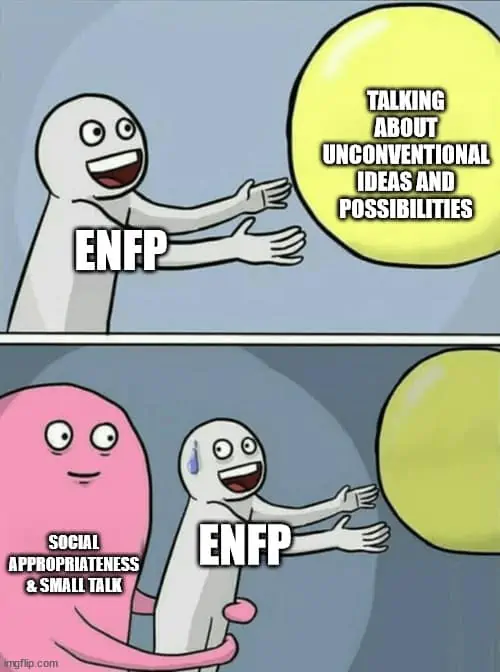
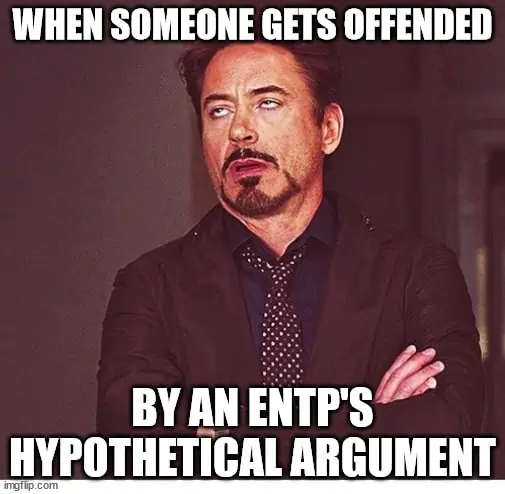
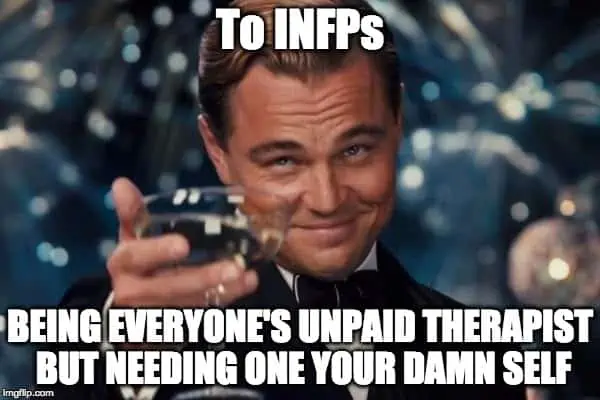
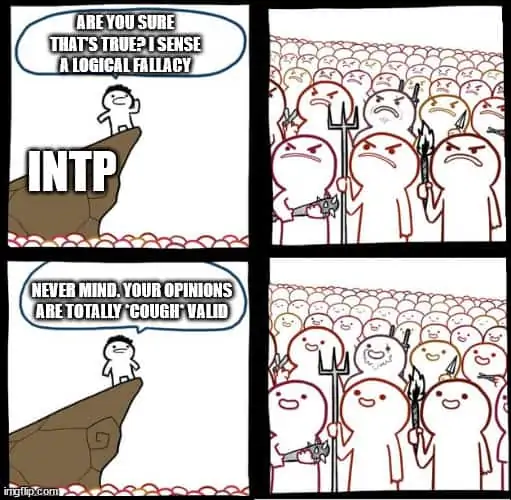

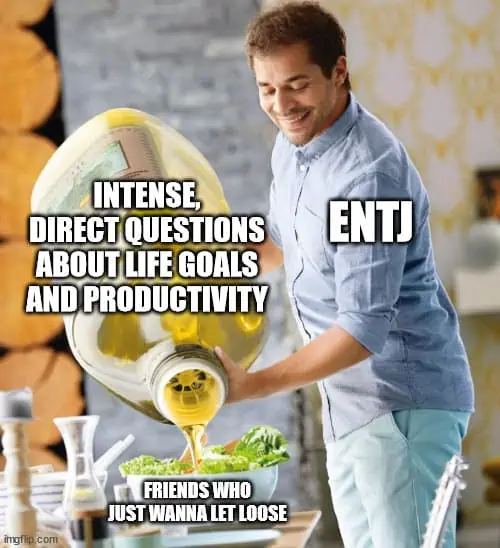
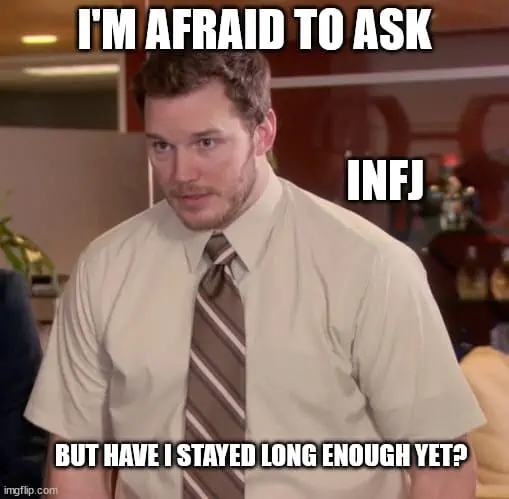
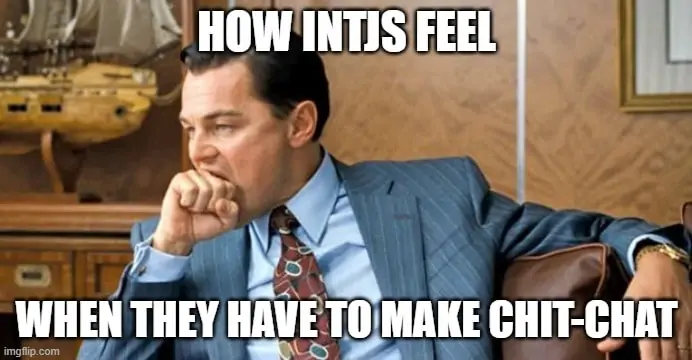
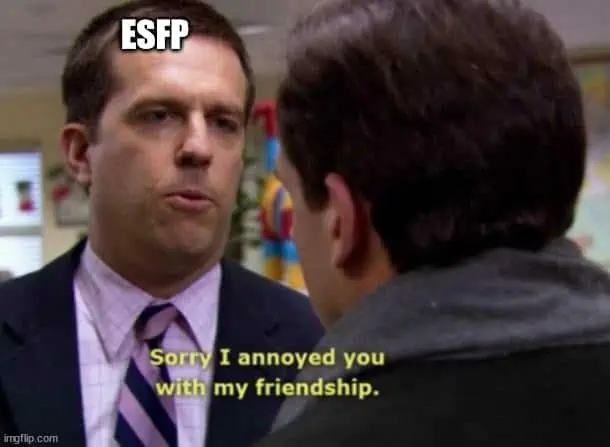
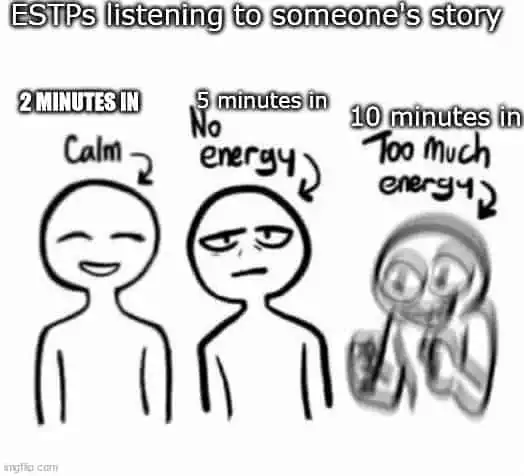
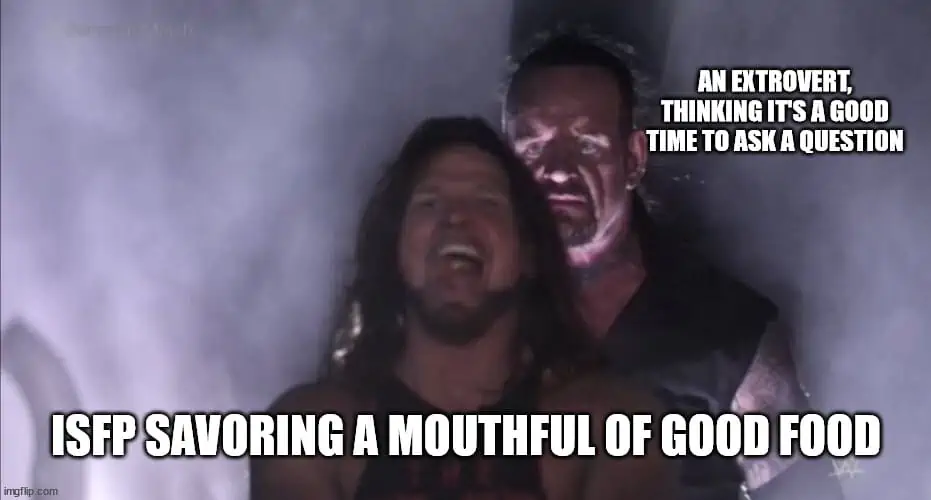
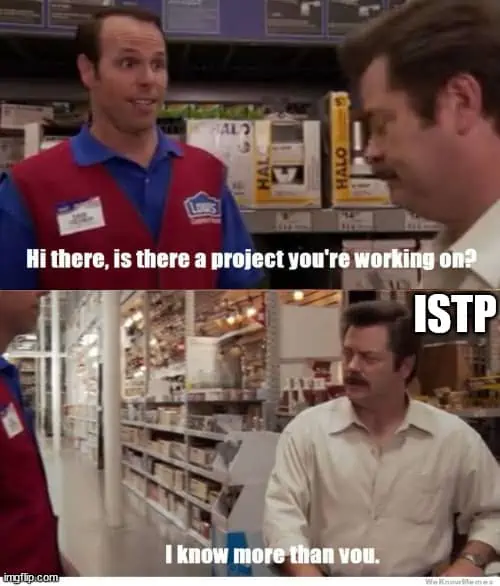
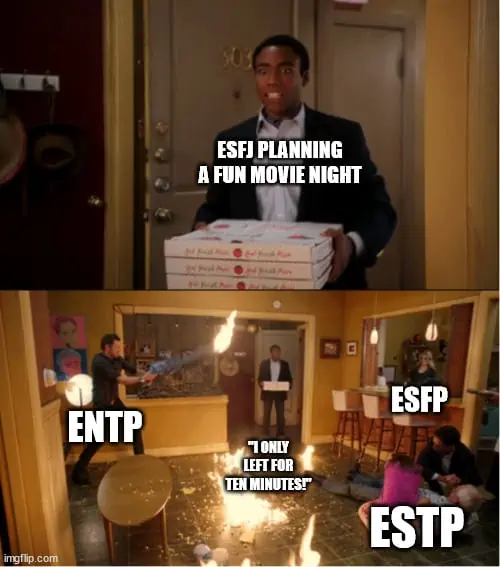


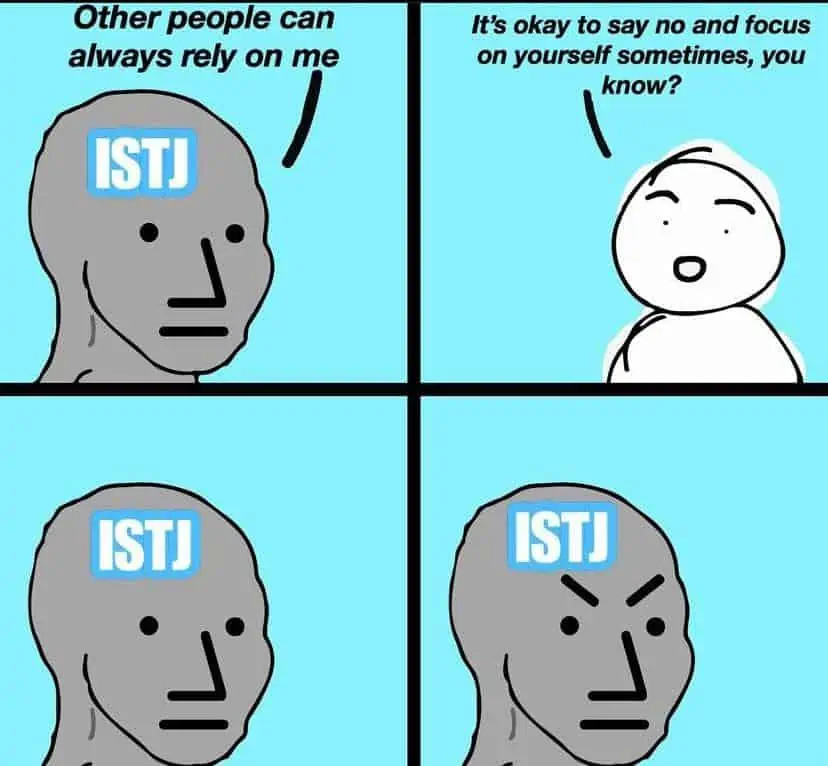
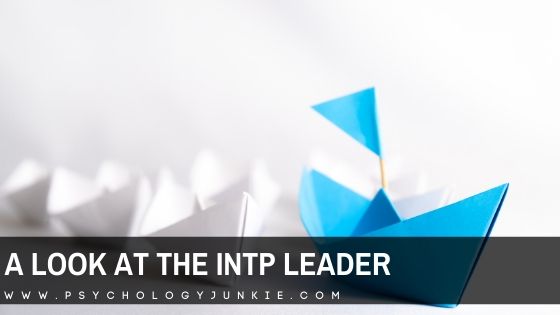
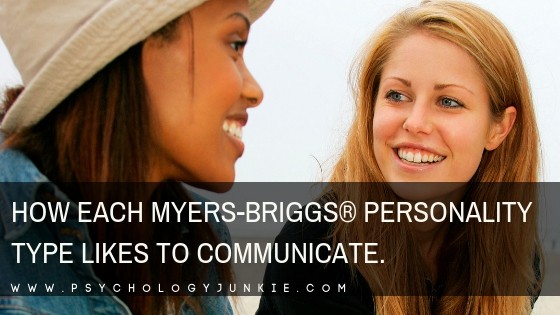
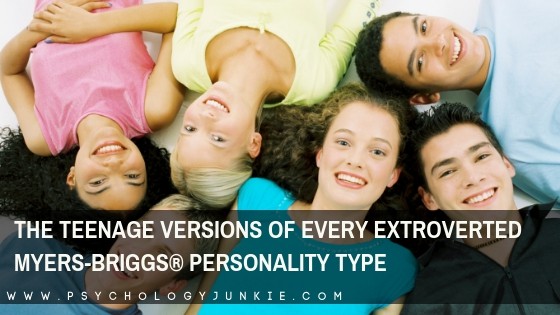
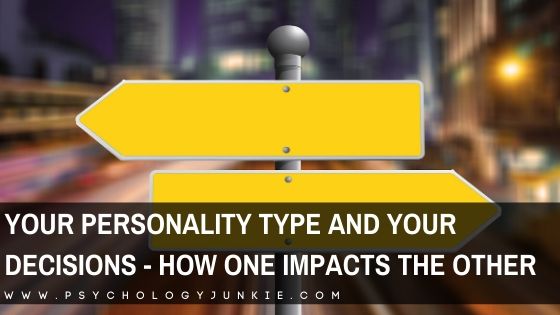
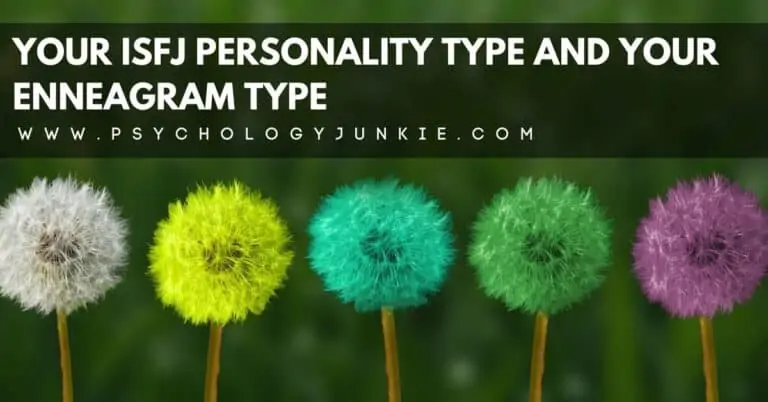
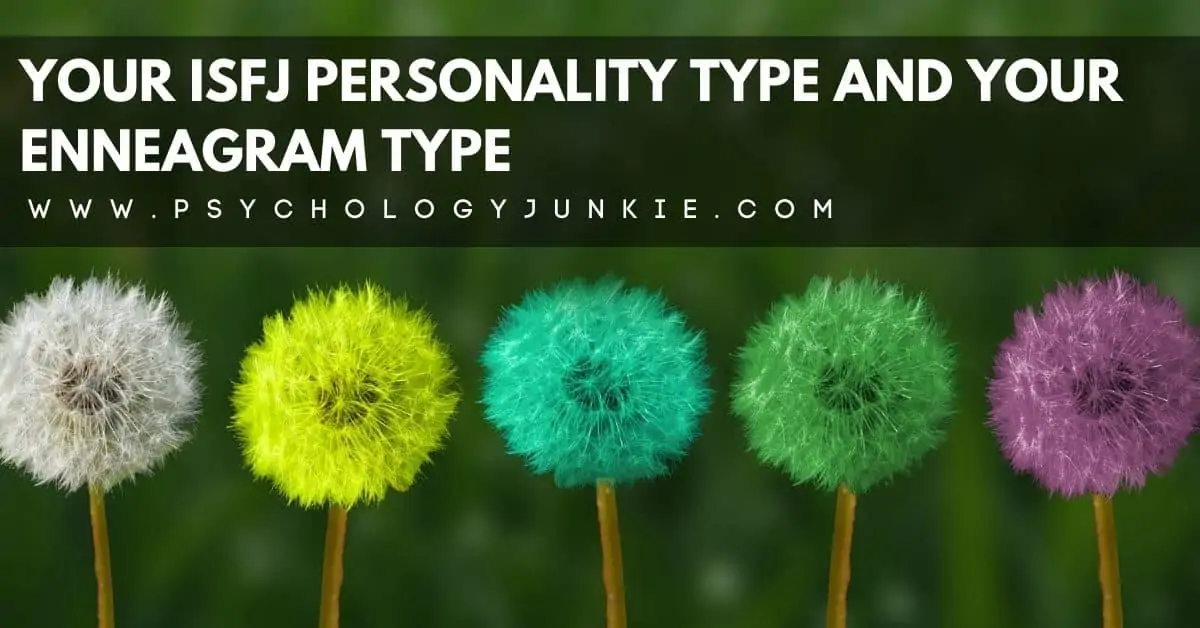
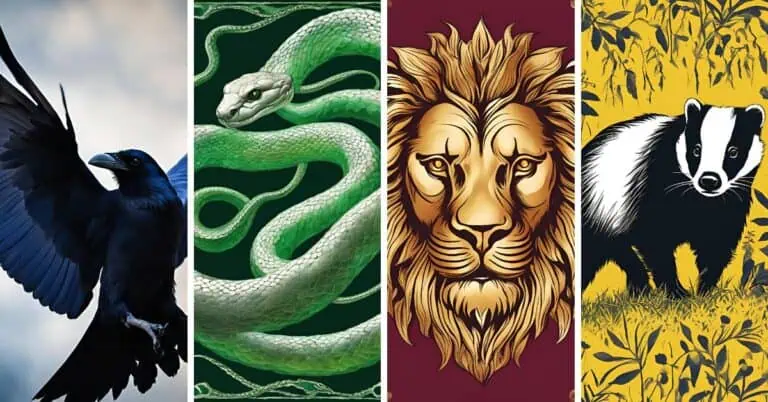
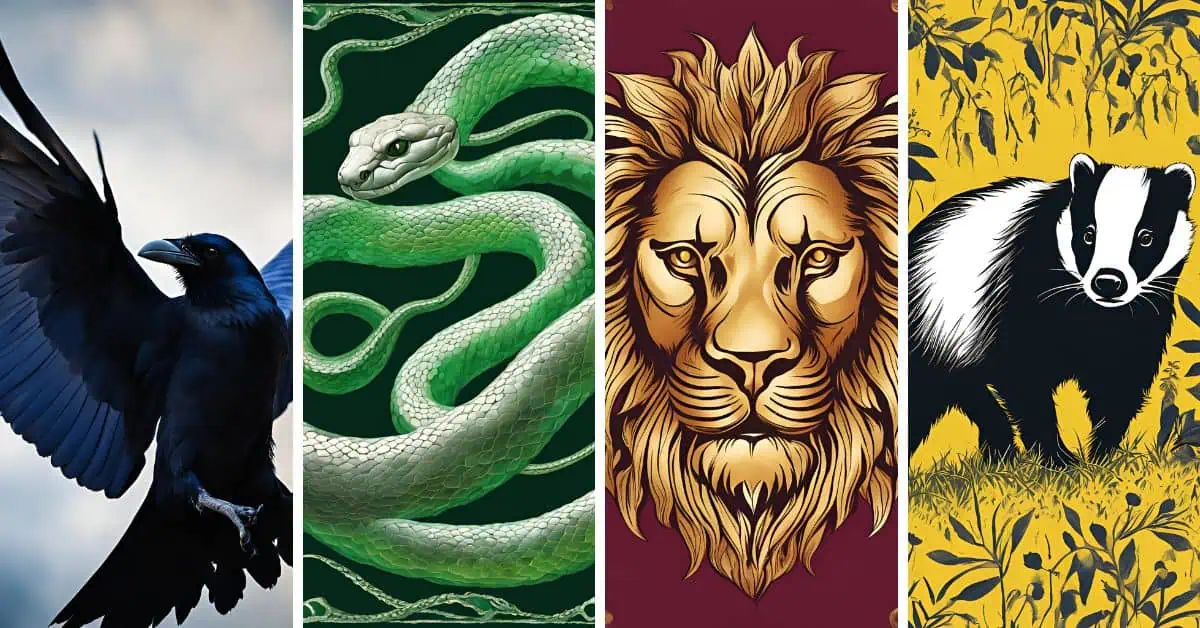
Great article I loved what you shared about me I’m a ISFP Its so true and I loved the really funny picture .I can feel like that You’re the “Best” Love Beverly
Wow. Wow. Wow!! This was so spot on for all of my friends and family, including myself! The MEME’s were just perfectly hilarious!!! Thank you Susan!
Great article it really reflect my personality as an ISFJ person, I like socialize with people but if the place as you said is loud or chaotic I can stay in it for too long. Thank you it was very informative.
Good information…
However, it makes me wonder if another true commonality amongst the subjects in question is their generation. I’m Gen X. I am definitely an extrovert and large crowds and gatherings don’t bother me at all, in fact, I get ‘energy’ from it. But those with the same traits that I have that come from the generations that have developed the social anxiety traits that the unbalanced amount of social media contact vs. Interpersonal contact have affected, tend lean more to the “I’s” than the “E’s”.
Just my thoughts
Thank you for addressing one of the great myths in personality typing: extroverts are party animals. This is the most common misunderstanding I come across.
Great memes. Also, the INTJ section is very accurate for me. When the noise/ chaos level is too high and I can get away with leaving early (even if it is not allowed), I leave social events early, preferably without excusing myself. If I have to make small talk, I get straight to the point of the conversation ASAP, read a book, or see what I can check off of my to-do list while at the event.
As a quick note for extroverts, when an INTJ is wandering towards the exit during the social event, don’t guilt them into staying (ever) or ask about their emotions (unless you know for a proven fact that that specific INTJ is comfortable with discussing their feelings with you). If you want the INTJ to stay, make sure that the event has a quiet, introvert-friendly area that you can direct them towards. While you’re walking the INTJ to the introvert-friendly area, ask the INTJ if they have read any good books (or watched any good movies) lately, and then actively listen to them and their unique way of seeing the world. If they need their space, give them their space and don’t make them feel bad about their need to recharge alone. They will be glad you did. Just saying.